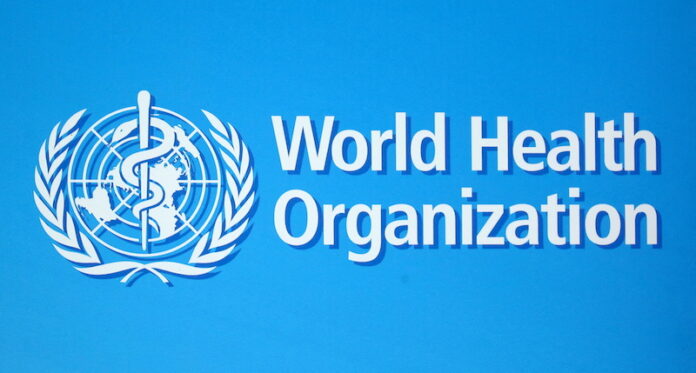
* Says affected persons may rise to 54 million in 2045
CHIGOZIE AMADI
The World Health Organisation (WHO) has said without urgent interventions, the number of people living with diabetes in Africa may rise to 54 million by 2045, the highest projected increase globally.
WHO said in the African Region alone, more than 24 million adults were currently living with diabetes, half of whom remain undiagnosed.
The organisation further said untreated diabetes could lead to complications, such as heart disease, stroke, nerve damage, kidney failure, lower-limb amputation, and eye disease that could result in blindness.
In her message at this year’s World Diabetes Day, WHO Regional Director for Africa, Dr. Matshidiso Rebecca Moeti, urged individuals, communities, governments, health workers, policymakers and civil society organisations to join hands and act now to reduce diabetes.
Moeti stated, “Without urgent interventions, predictions are that the number of people living with diabetes in the African Region will rise to 54 million by 2045, the highest projected increase globally.
“This poses a significant dual health and economic burden, including catastrophic spending by individuals to control their disease.
“Compounding the challenge is that Africa has the lowest investment rate in diabetes care worldwide, at only one percent of the region’s health expenditure.”
Against the background of rising diabetes prevalence in Africa, complicated by multiple drivers, including urbanisation, unhealthy diets, and physical inactivity, the theme of the World Diabetes Day 2024 emphasised the imperative of a collaborative approach to the “silent killer”.
World Diabetes Day is marked annually by the international community on 14 November, with this year’s theme, “Breaking Barriers, Bridging Gaps,” underlining WHO’s commitment to reducing risk, and ensuring that everyone diagnosed with diabetes had access to equitable, comprehensive, affordable and quality treatment and care.
Diabetes is a chronic lifelong disease that leads to uncontrolled blood sugar levels because the body can no longer produce or use the insulin it produces efficiently.
Moeti said health systems were traditionally designed to deal with acute, infectious diseases, without sufficient attention paid to chronic diseases, like diabetes.
She stated that managing diabetes required a sustained effort to balance physical health activity, healthy diet, and mental well-being.
Moeti added that WHO in the African Region was committed to holistic solutions, including proper nutrition, access to requisite essential medicines, and mental health support.
She said comprehensive prevention strategies were crucial to address risk factors, including obesity, poor diet and physical activity, combined with community engagement to ensure good support systems and reduced stigma.
Moeti also said communities could play their role by creating supportive environments that promoted healthy living, reduced stigma, and provided access to affordable diabetes care and education.
She said, “For governments, we commit our full support to your efforts to implement policies that enhance access to essential medicines, strengthen primary health care systems, and foreground investment in diabetes prevention and care.
“Strengthening diabetes control in the African region demands that we address key gaps, including myths and misconceptions about diabetes, fragile primary health care systems and insufficient capacity and training of health care workers.
“In an important step forward at the Seventy-fourth session of the WHO Regional Committee for Africa in August this year, African Member States endorsed WHO’s Framework for the Implementation of the Global Diabetes Compact (GDC) in Africa.
“Focused specifically on the challenge of integrating diabetes care into broader health systems in a multi-sectoral approach, it provides a roadmap for countries to strengthen diabetes prevention, diagnosis and care, especially at primary health care level.”























